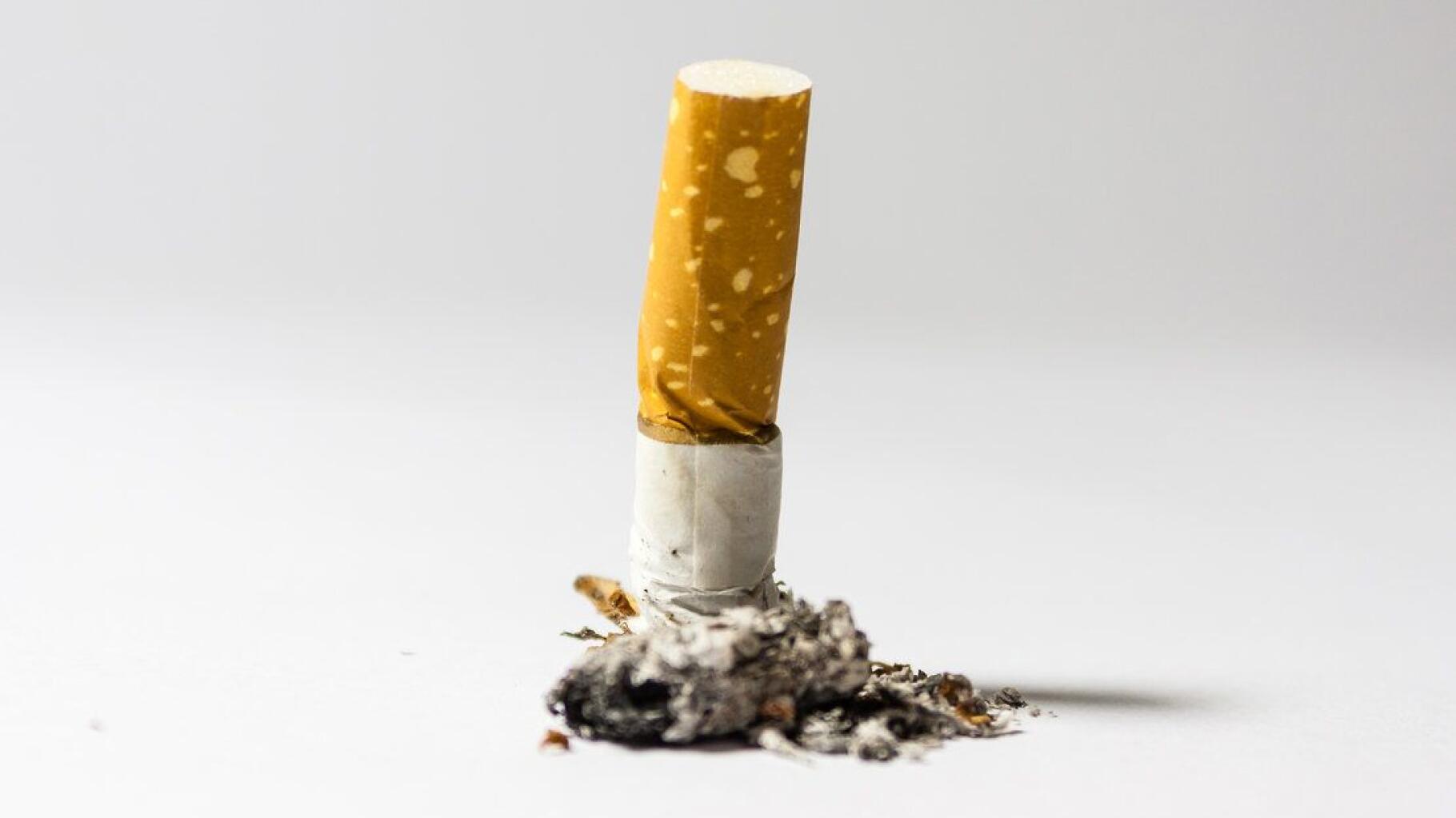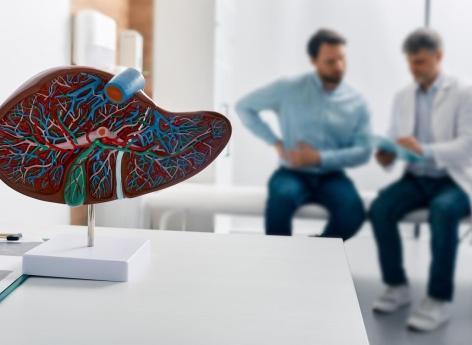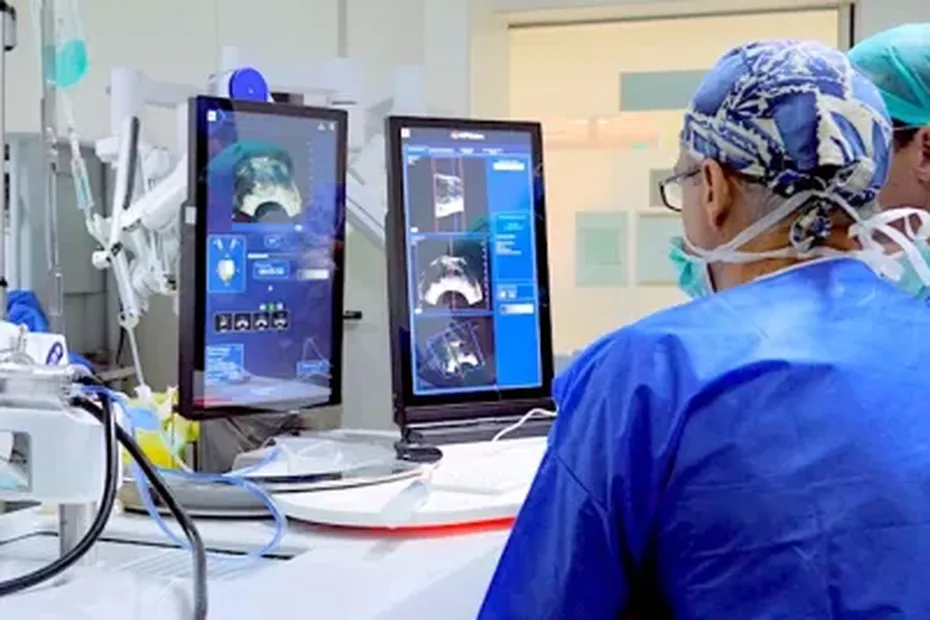After stopping smoking, the immune system remains affected for many years


Shutterstock
The immune system remains affected even after smoking cessation.
Health – When you stop smoking, it takes a long time for the counters to return to zero. A study published this Wednesday, February 14, shows the lasting effects of smoking on health. Our immune system, in particular, seems to be more damaged than expected.
“Smoking persistently modulates adaptive immunity”.concludes the study published in the journal Nature. It highlights a hitherto overlooked element: adaptive immunity (also called acquired immunity), which builds up over time with infection, remains impaired for years after smoking cessation.

The work represents an important advance in understanding the harmful health effects of smoking, which according to the World Health Organization (WHO) kills about eight million people worldwide each year.
Different from effects on innate immunity
These findings are based on a sample of one thousand people. It was selected more than ten years ago, as part of a project led by the Pasteur Institute in Paris. His immunity was then regularly studied through various tests, especially blood tests.
This type of project, called a cohort project, is very robust for assessing how health and metabolism are influenced over time. In this case, it is smoking that stands out for its influence, other factors such as sleep time or degree of physical activity, according to the researchers.

This is not new at all. We knew that smoking affects the immune system “congenital” – which is common to all – by increasing inflammatory responses. Studies confirm this, finding that this effect disappears soon after smoking cessation.
But, and this is the great innovation, it is not the same as acquired immunity. For some individuals, this effect lasts for years, even decades, after smoking cessation. However, the sample is too small and the responses too variable to put forward a definite mean period.
Don’t assume that quitting smoking is useless
The researchers went further by showing that this disruption is linked to the effect “Epigenetic” : People’s DNA remains the same, of course, but exposure to tobacco affects the way certain genes are expressed in practice.

We should certainly not conclude from this that quitting smoking is useless. These effects eventually subside. Also “To preserve your long-term immunity, it’s definitely better to never start smoking”At a press conference, the study’s lead researcher, biologist Violaine Saint-André, underlined.
The study, which is based on biological assays, however, cannot say what the health consequences of these immune differences are. According to the authors, there may be effects on the risk of infection, cancer or autoimmune diseases. But this is, at this stage, a hypothesis.
Difference in life expectancy
Another study, published on February 8, tries to determine the extent to which health risks actually remain after you’ve stopped smoking. Published in NEJM evidenceIt is based on data from about 1.5 million people in Canada, the United States, Norway and the United Kingdom.
The researchers compared mortality rates between several groups: active smokers, people who had never smoked, and more or less long-term smokers. For the latter, risks take time to fully resolve. Once you stop smoking, you have to wait ten years to regain life expectancy compared to a non-smoker.
But, here again, we must avoid the conclusion that a stop is not quickly appropriate. “The benefits are already visible after three years”, the researchers note, this group regained an average of five years of survival, half way to normal life expectancy. And the effect is significant regardless of the age at which you stop, although it is more marked in people under 40.
See also on HuffPost :





